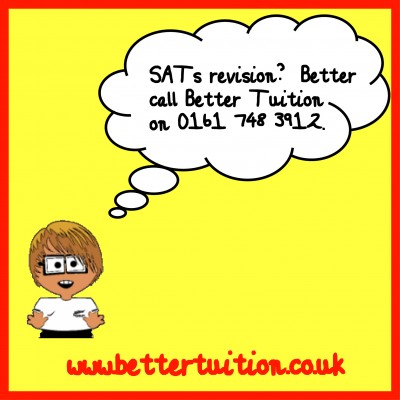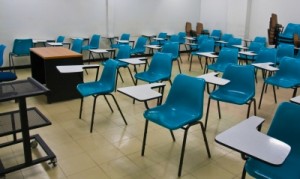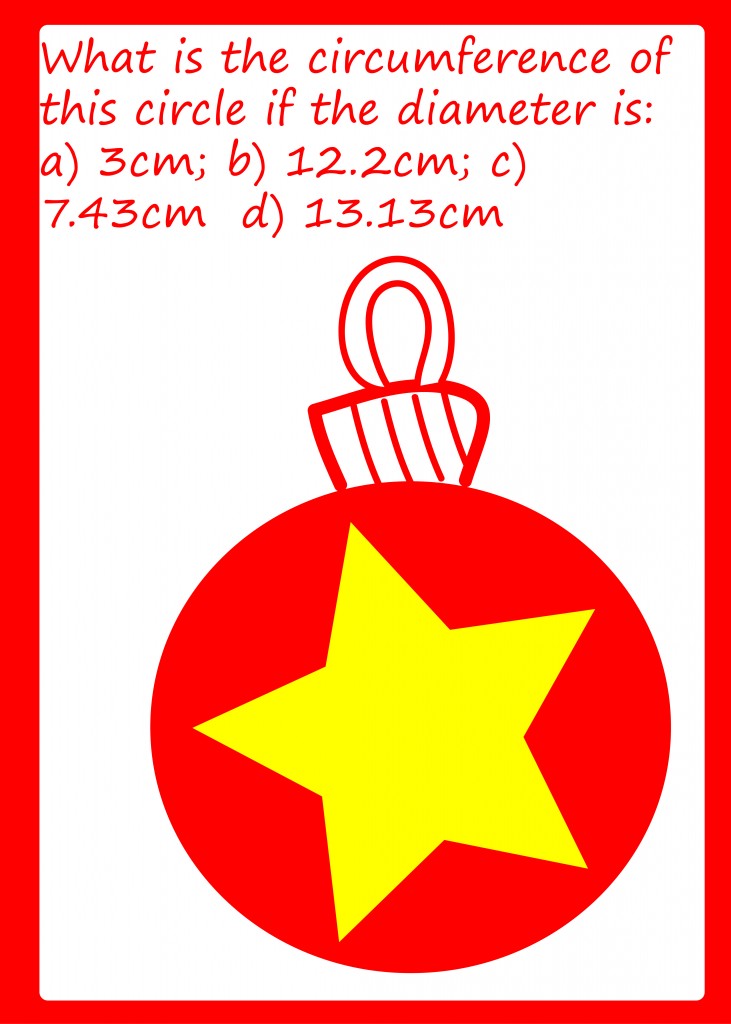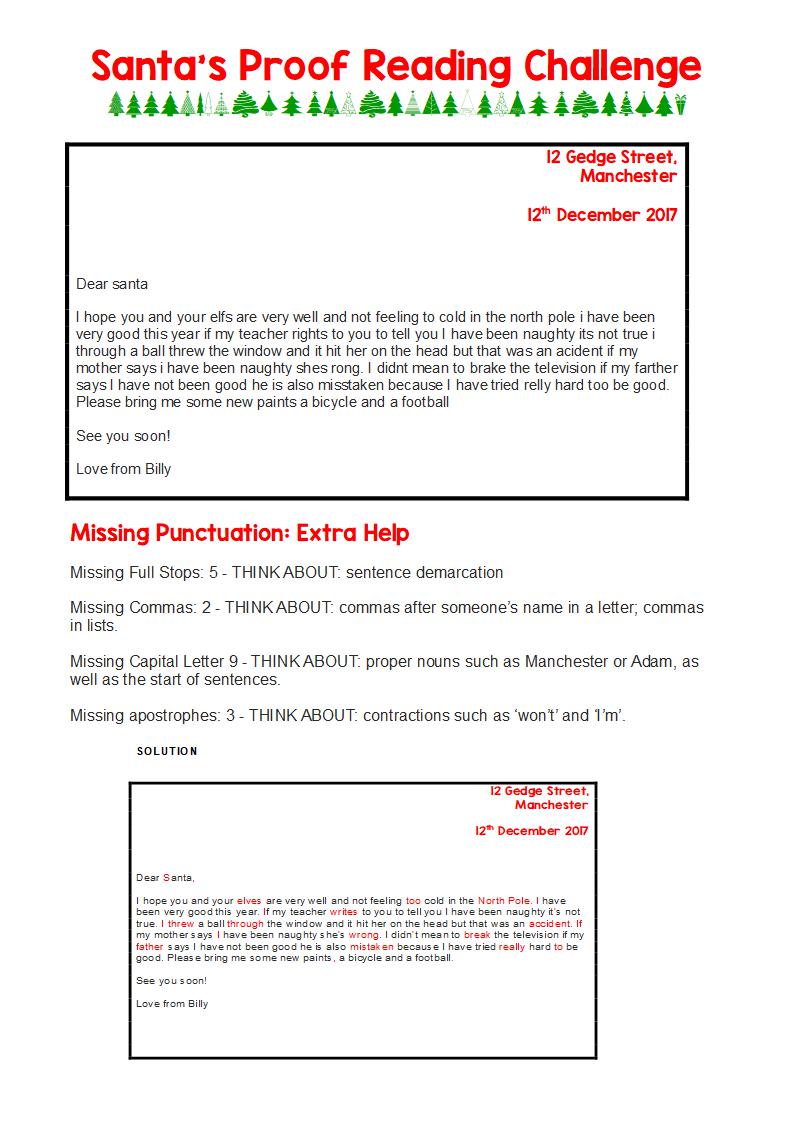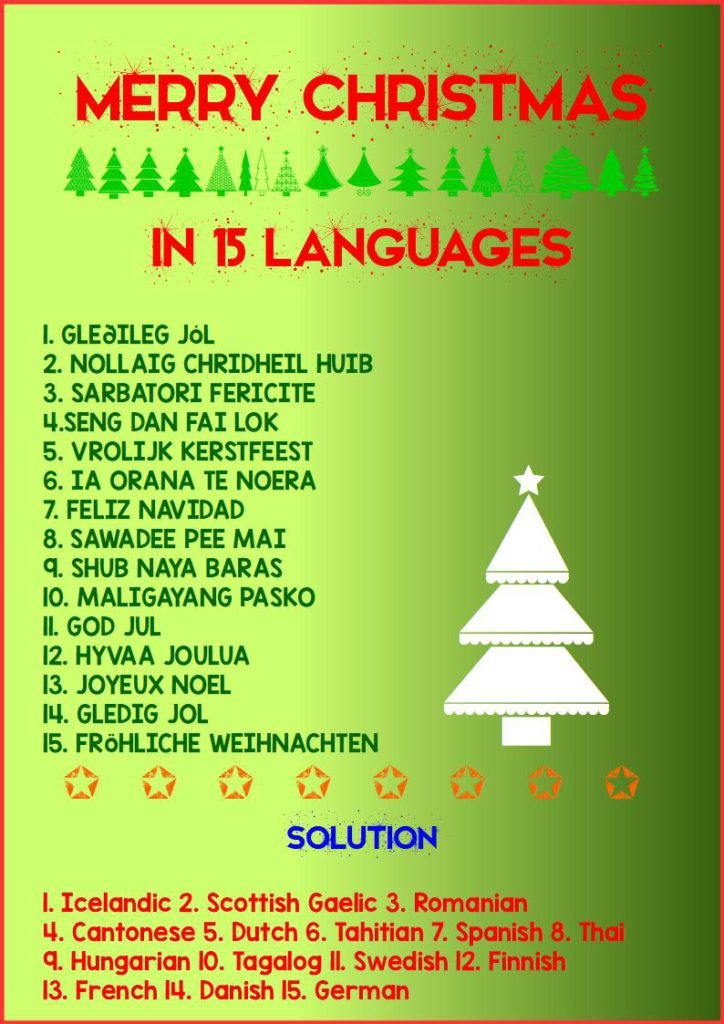This is part of a series of posts about the Early Years Foundation Stage (read part one here and part two – the Prime Areas – here).
The Early Learning Goals are divided into Prime and Specific Areas. Yesterday we explained the Prime Areas – today’s post will explain the Specific Areas. These are the subject areas your child can expect to cover by the end of their Reception year.
The Specific Areas:
Literacy
Reading:
Children learn to read and understand simple sentences. They use phonics to sound out words. They also read some common irregular words. They understand the texts they read.
Writing:
Children learn to use phonics to write words in ways which match their spoken sounds. They also write some irregular common words. They write simple sentences, which can be read by themselves and others. Some words are spelt correctly and others can be understood although they are not correctly spelled.
Mathematics
Numbers:
Children learn to count reliably with numbers from 1 to 20, place them in order and say which number is one more or one less than a given number. Using quantities and objects, they add and subtract two single-digit numbers and count on or back to find the answer. They solve problems, including doubling, halving and sharing.
Shape, space and measures:
Children learn to talk about size, weight, capacity, position, distance, time and money, to compare quantities and objects and to solve problems. They recognise, create and describe patterns. They explore characteristics of everyday objects and shapes and use mathematical language to describe them.
Understanding the world
People and communities:
Children talk about past and present events in their own lives and in the lives of family members. They learn that other children don’t always enjoy the same things, and are sensitive to this. They learn about similarities and differences between themselves and others, and among families, communities and traditions.
The world:
Children learn about similarities and differences in relation to places, objects, materials and living things. They talk about their own immediate environment. They make observations of animals and plants.
Technology:
Children learn that technology is used in places such as homes and schools. They select and use technology for particular purpose
Expressive arts and design
Exploring and using media and materials:
Children learn to sing songs, make music and dance, and experiment with ways of changing them. They safely use and explore a variety of materials, tools and techniques, experimenting with colour, design, texture, form and function.
Being imaginative:
Children learn use their imagination. They represent their own ideas, thoughts and feelings through design and technology, art, music, dance, role-play and stories.
These are the Specific Areas: you can also read about the Prime Areas. Together they make up the Early Learning Goals. Next we will examine how your child will be assessed in Nursery and Foundation.
This document is an edited version of the Department for Education’s Statutory Framework for the Early Years Foundation Stage. All information is correct at the time of publication. The full framework may be accessed at http://tinyurl.com/87xmlhv.





